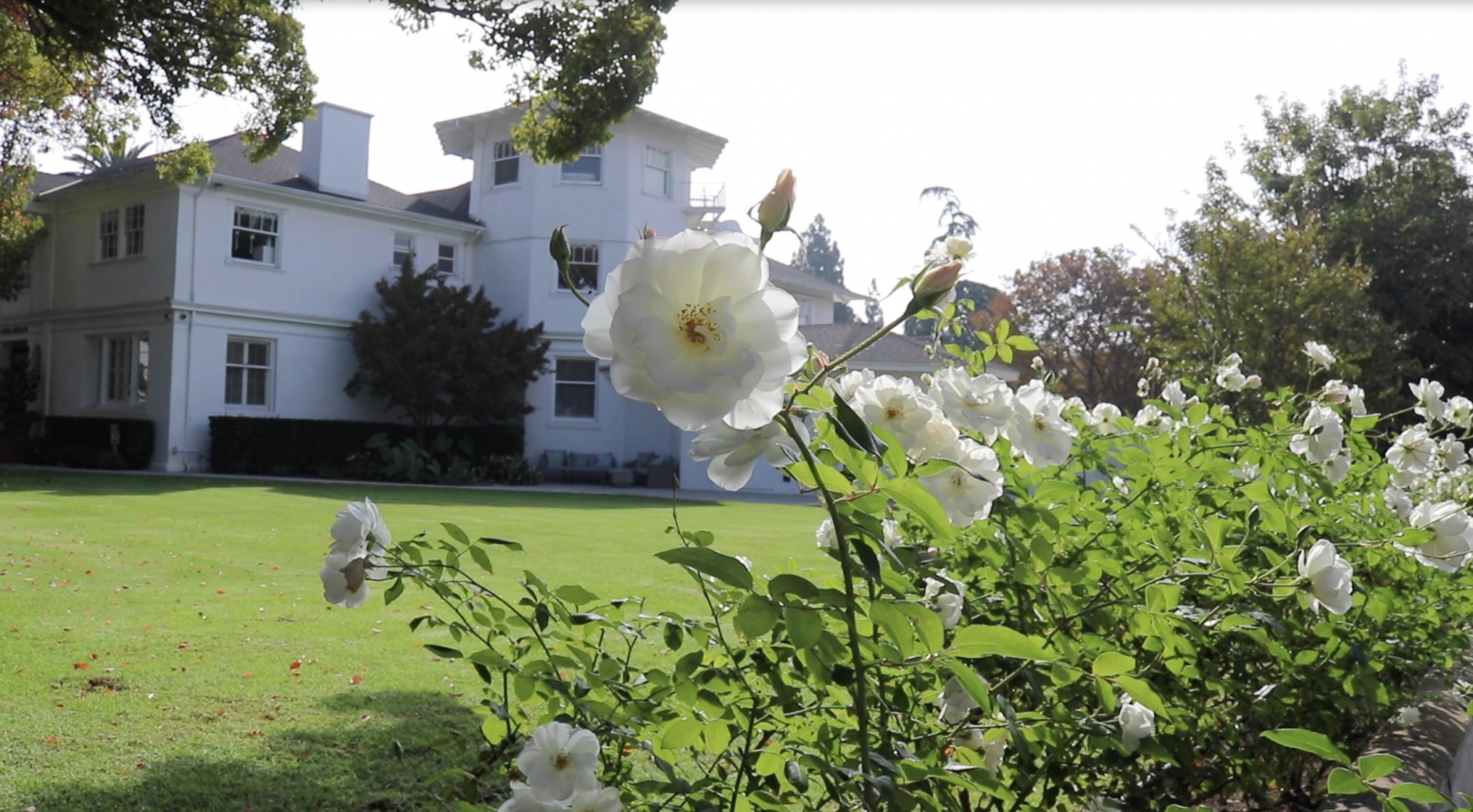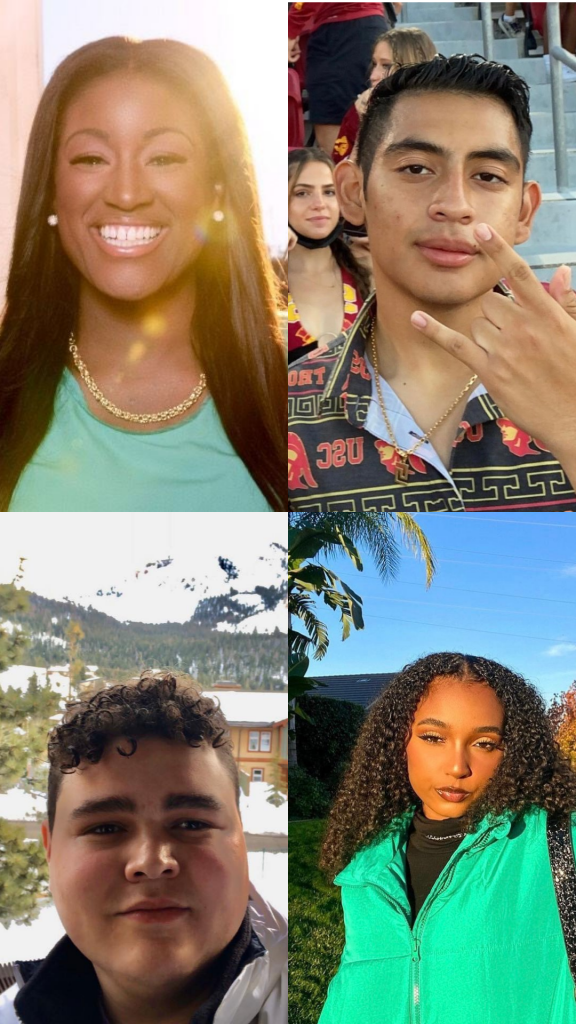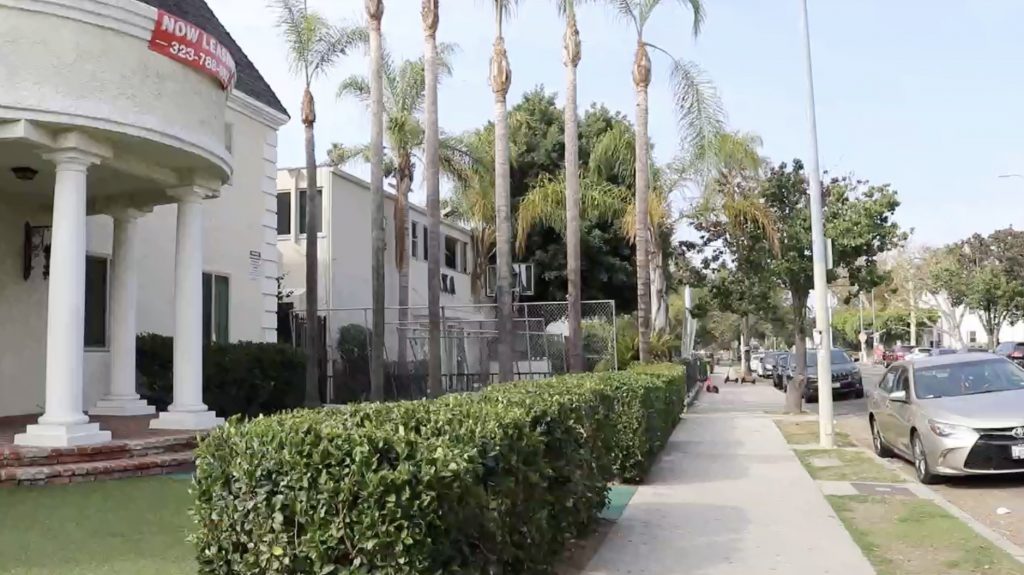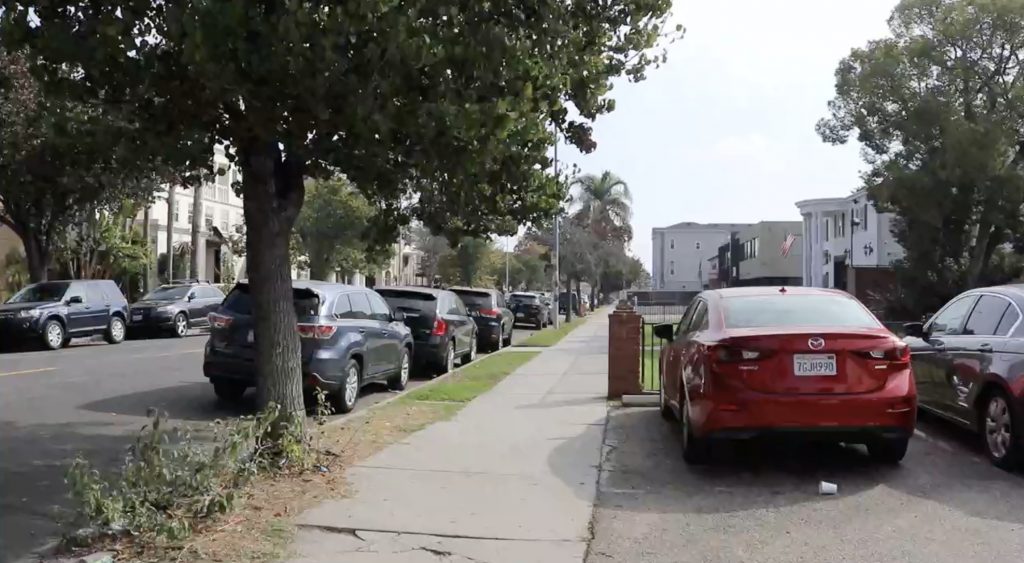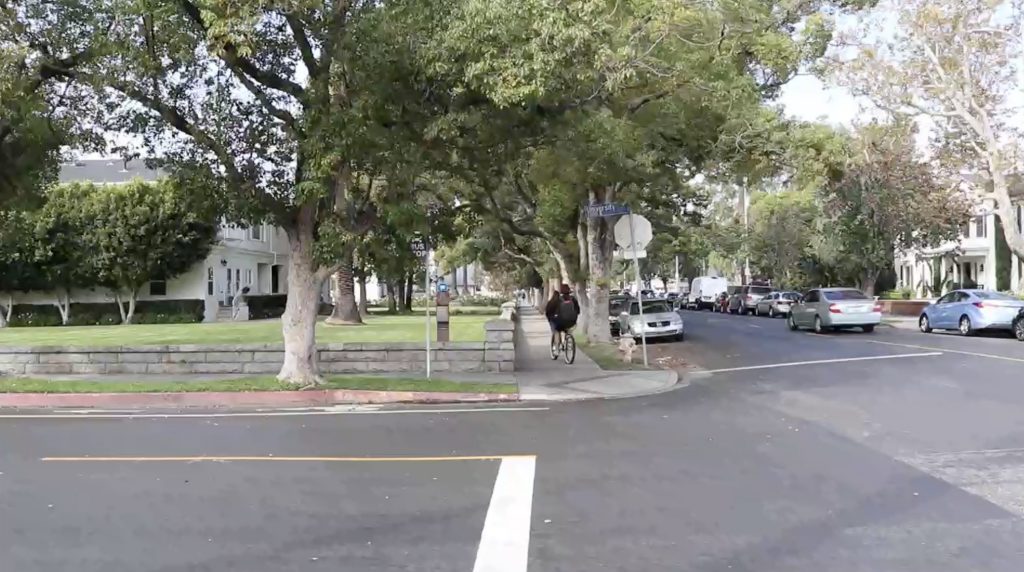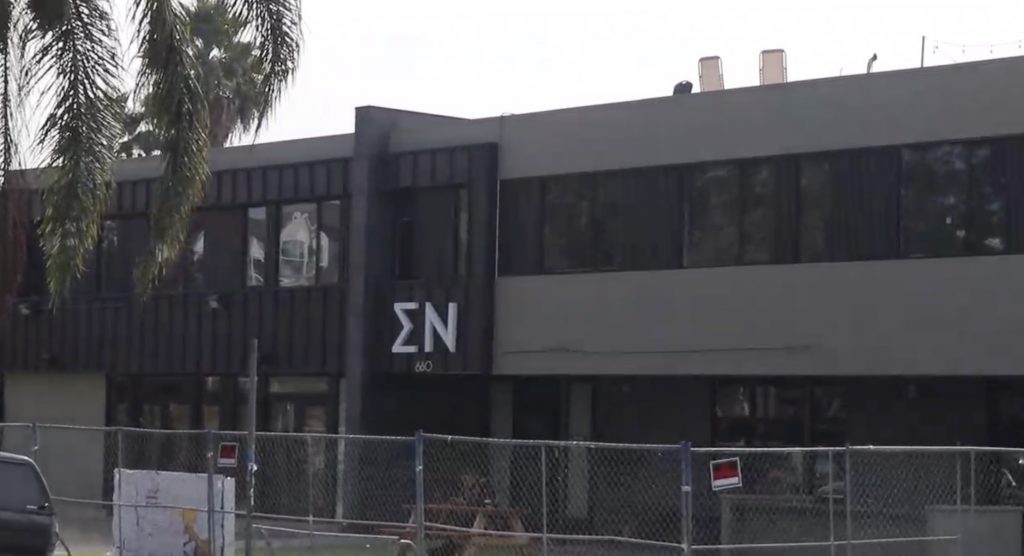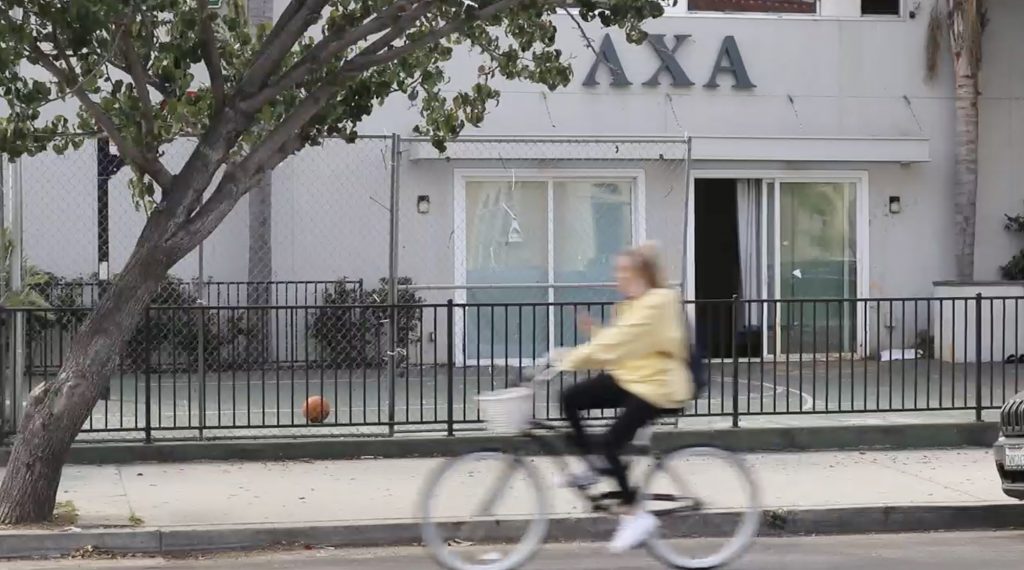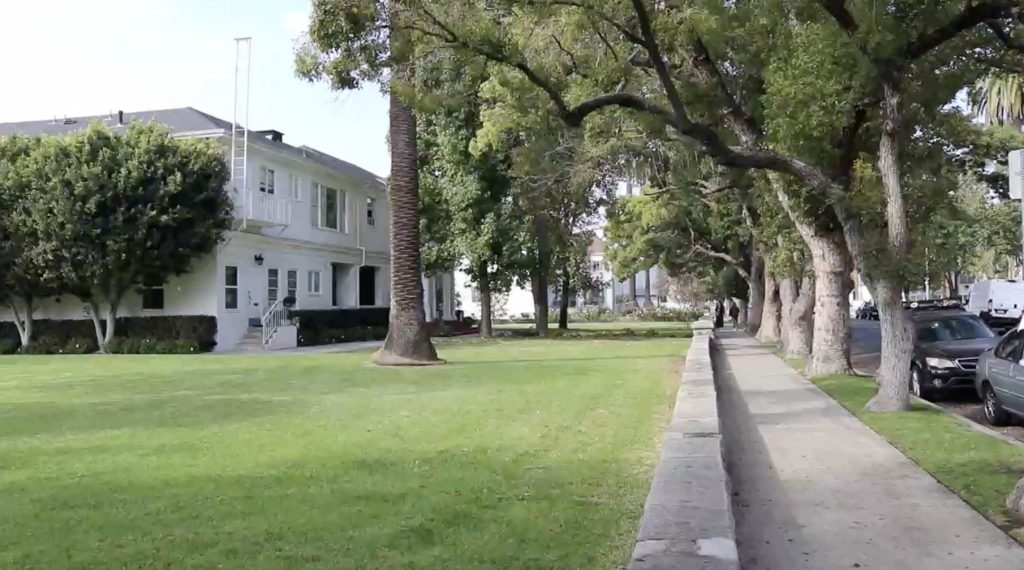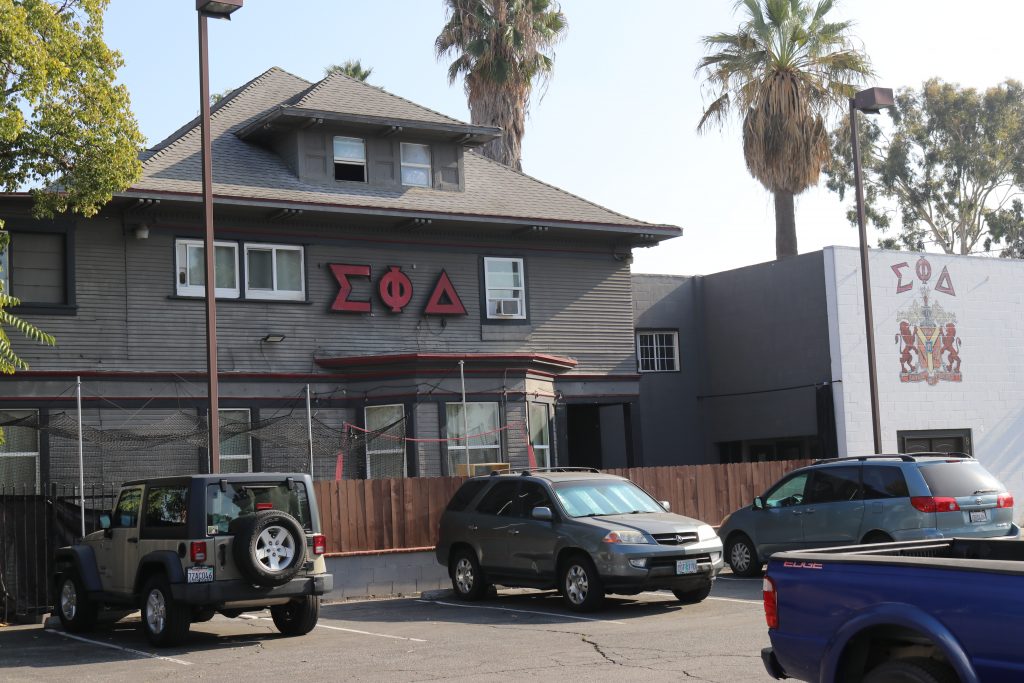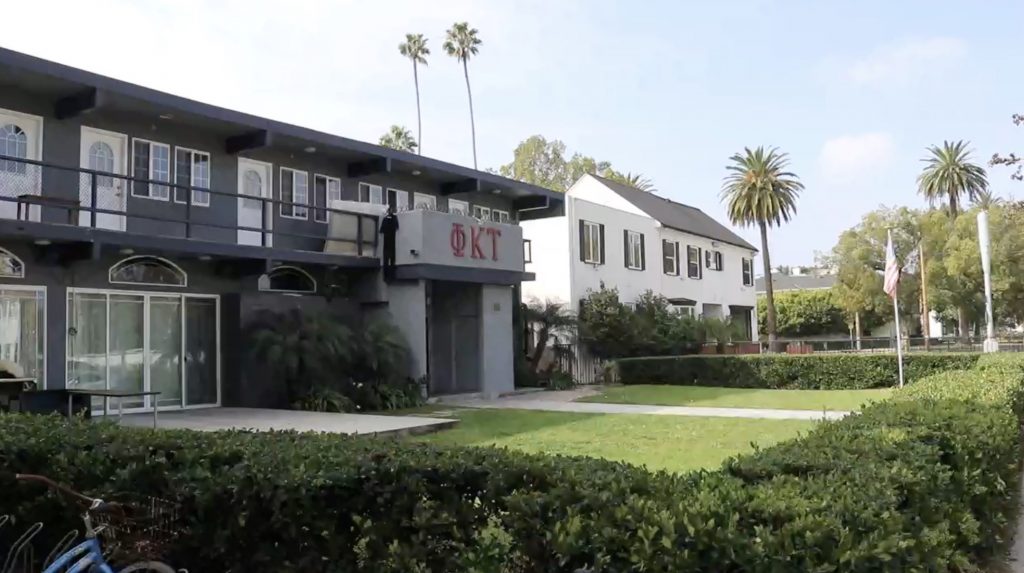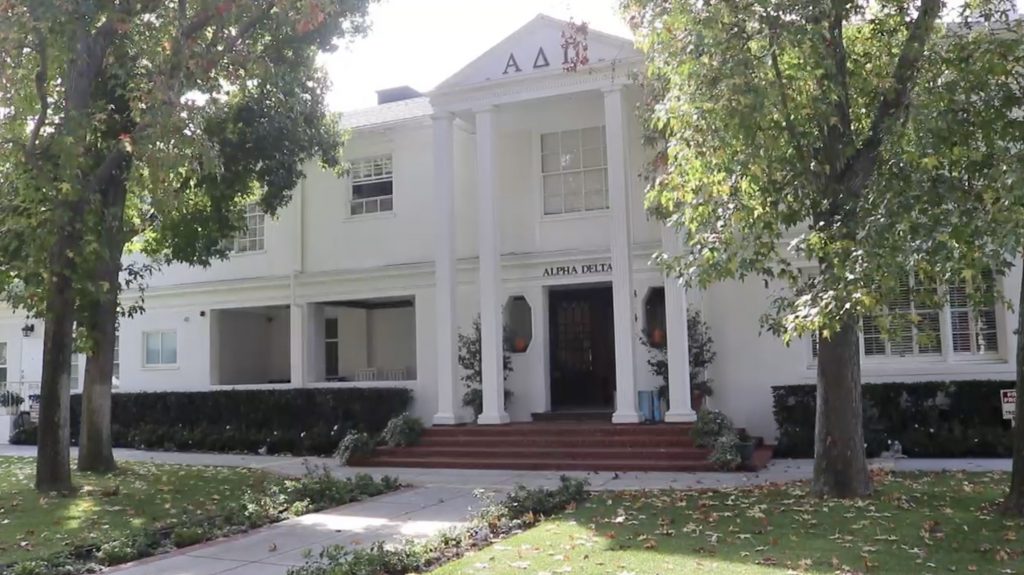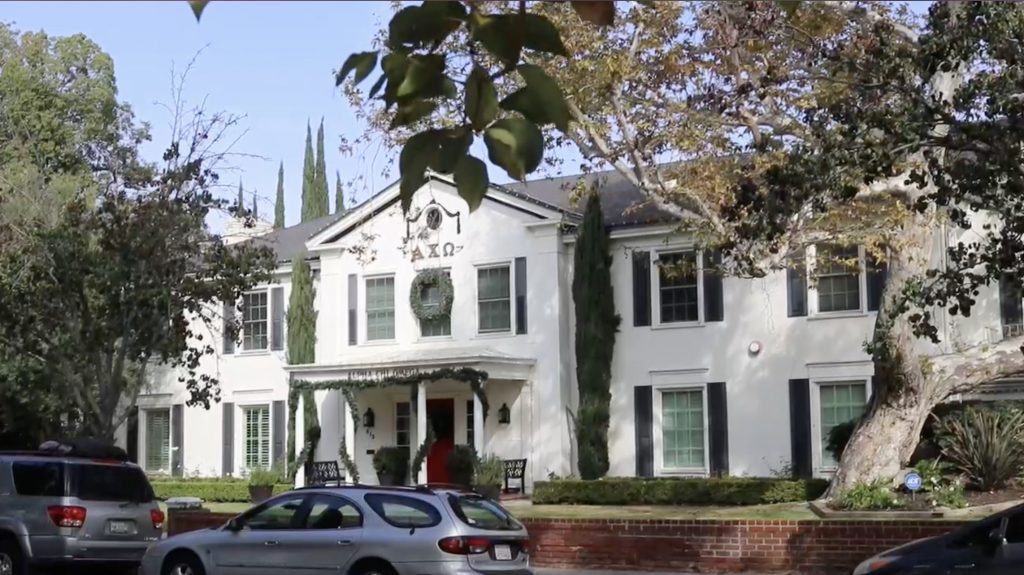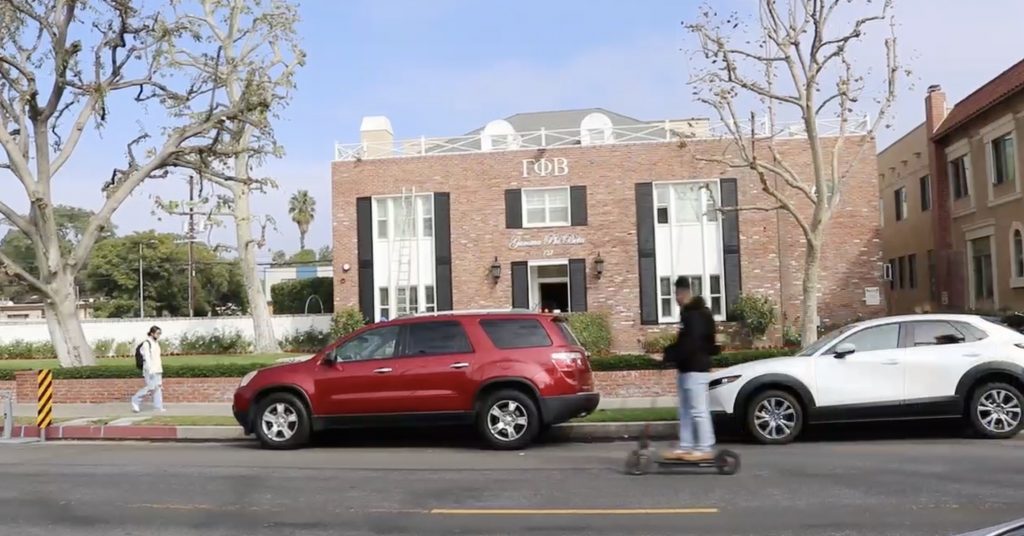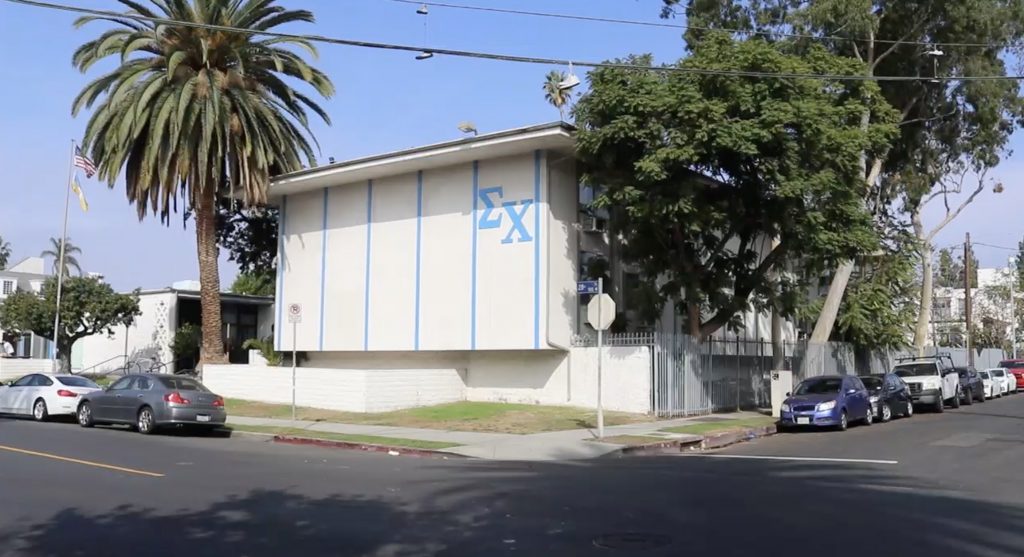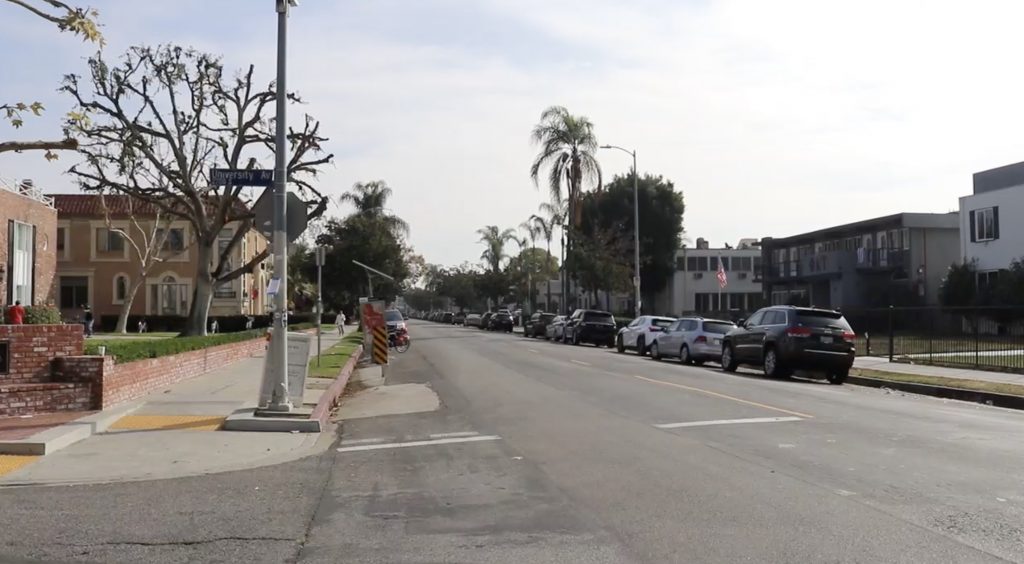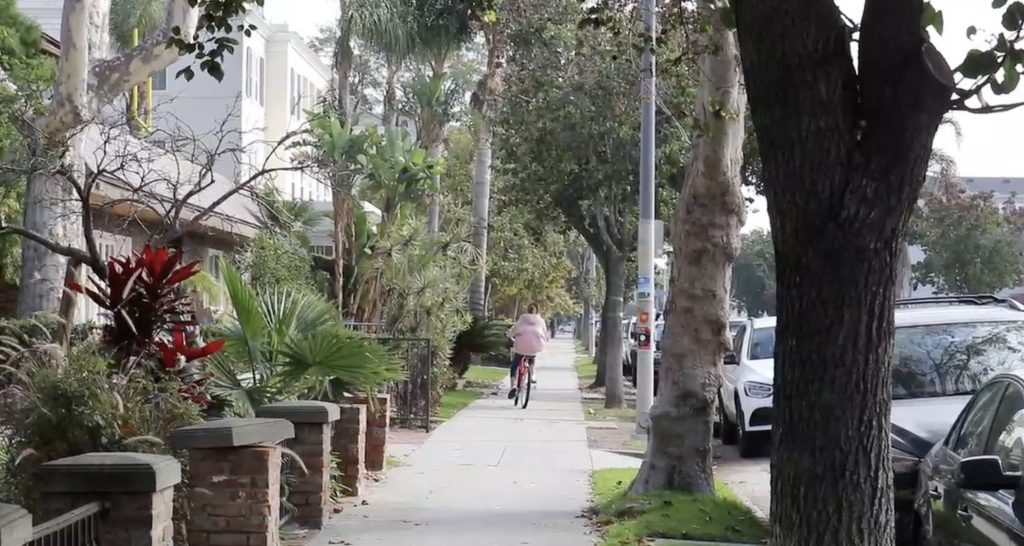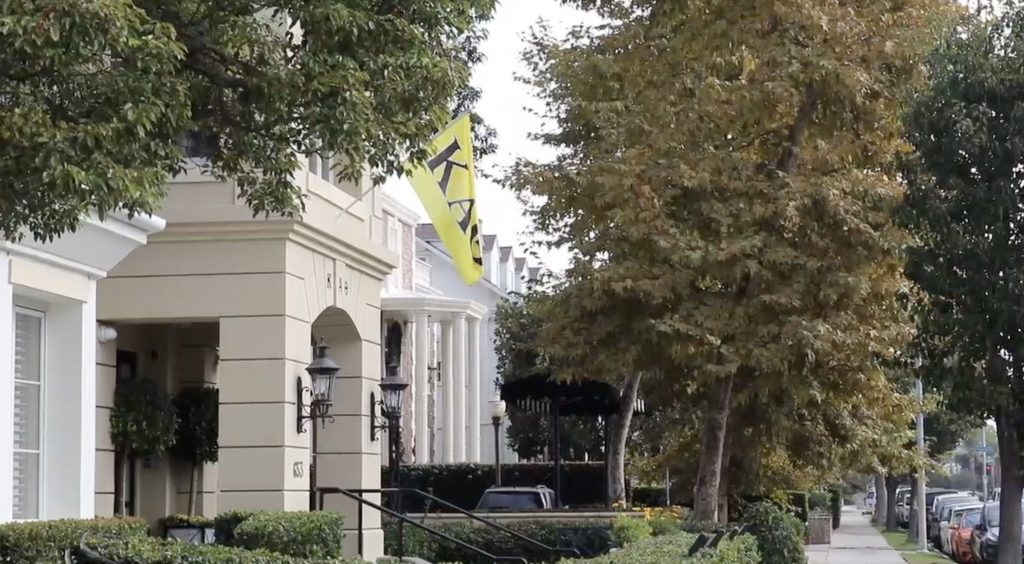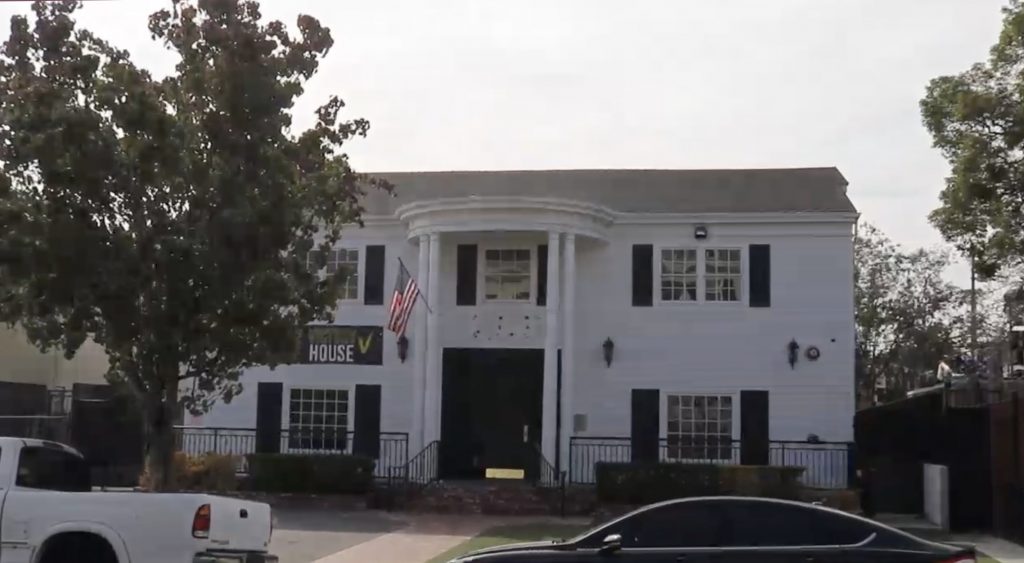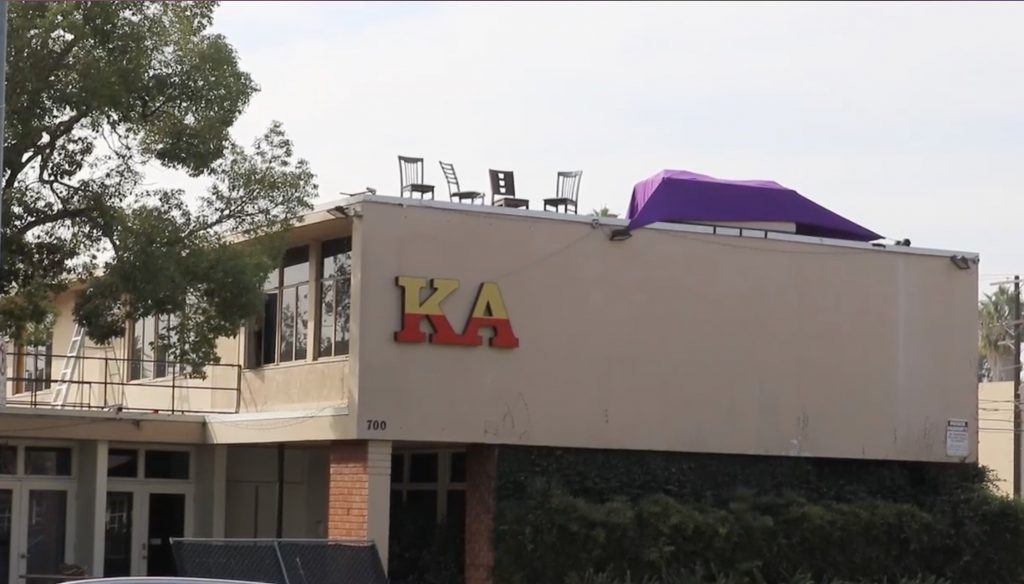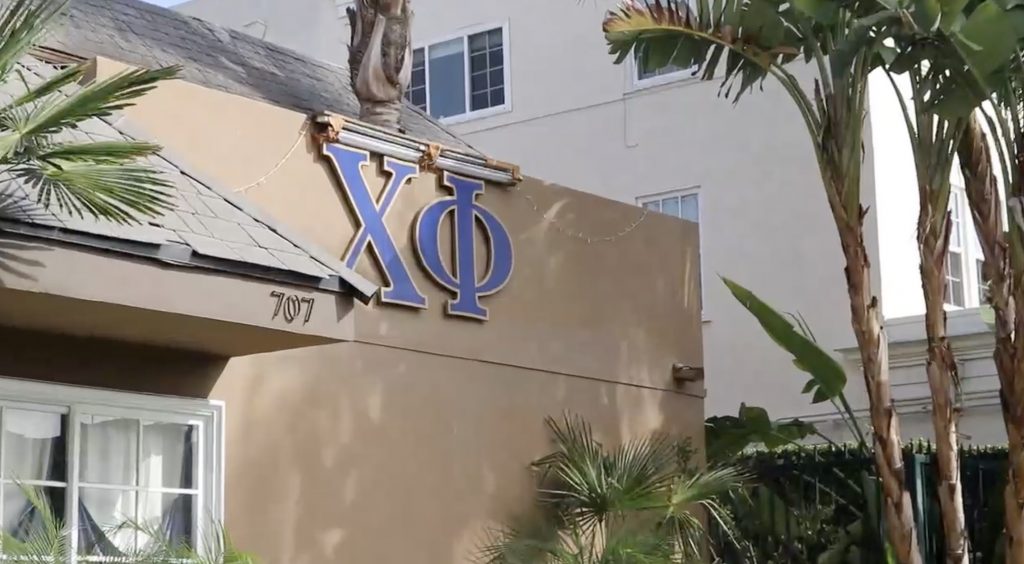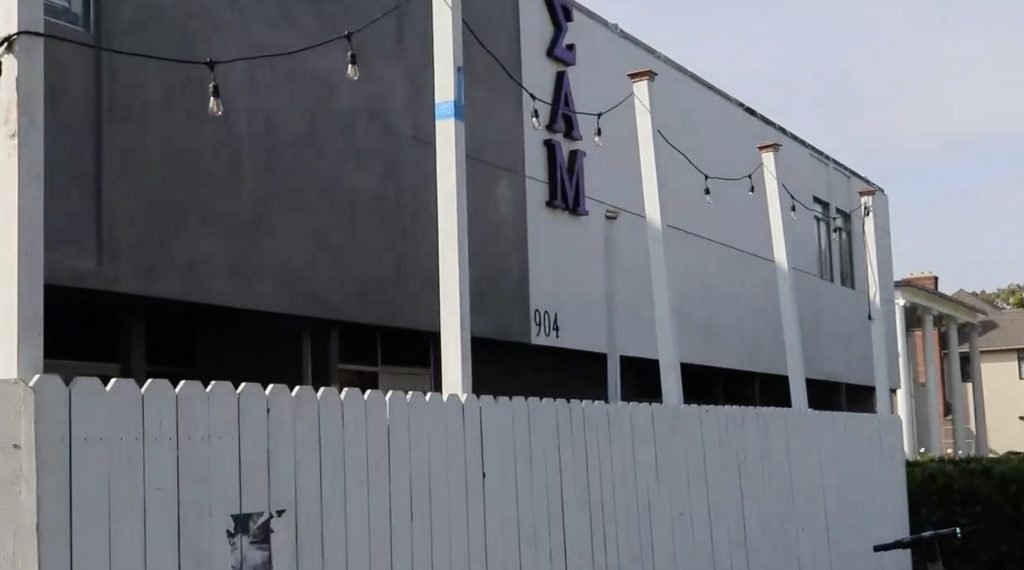Since last spring, University of Southern California senior Kaitlyn Petersen has witnessed her sorority go through a series of changes. After the 2020 BLM protests, Petersen felt that her identity as a Black woman clashed with her Greek membership, but she is pleased to see her house making an effort toward creating a more inclusive environment.
One thing she has found to be beneficial on the topic of diversity in her sorority is the implementation of Table Talks, which is similar to Jada Pickett Smith’s Red Table Talk. During selected chapter meetings, her sorority has difficult conversations about current social and cultural issues involving Greek life.
“These are very vulnerable talks that often end in tears and many people sharing their raw, relatable experiences,” Petersen said. “This has been very comforting to me because I realized I was not alone in how I feel and there are other girls like me who are also POC who have the same feelings involving Greek life.”
This sorority’s “Table Talk” is just one example of the new USC Panhellenic’s Diversity, Equity, and Inclusion Plan in action. Like many historically white institutions, USC’s Greek system is implementing this new program in hope of combating its racist past.
Fraternity Row, a mansion-lined street, five minutes from downtown Los Angeles, is home to hundreds of students. Characterized by endless themed-parties, philanthropic events, and a contagious gameday spirit, it is known for its promise of community.
While some students have called for abolishment of Greek life, senior Rachel Oswald doesn’t believe this is necessary.
“It’s important for people to have their own space on campus and Greek life is definitely a good social outlet that should be allowed to continue,” said Oswald, a non-Greek affiliated student. “I know that there are issues with Greek life, but there are issues with many other institutions, including USC itself. We can all work toward improving these institutions, but I think this needs to be done in a way that isn’t discriminating against any one group of people.”
“We can all work toward improving these institutions, but I think it needs to be done in a way that isn’t discriminating against any one group of people.”
Rachel Oswald, Senior, Creative Writing Major
Since its establishment in 1889, Greek life at USC has grown to include over 50 organizations and now represents 17% of the undergraduate population. There are five governing councils recognized by USC including: Asain Greek Council, Multicultural Greek Council, Interfraternity Council (IFC), National Pan-Hellenic Council (PHC), and the Panhellenic Council. Each council is responsible for managing its respective chapters.
Nationwide, these Greek-letter societies have remained a popular form of association for college students on more than 630 campuses. Despite this long history, the rise of cancel culture and recent racial justice movements are attempting to abolish and rebuild this system.
“I know that this semester has been a huge one, looking at sexual assault and how pervasive that is, I think that it’s important to encourage members of Greek life to stand up for that,” said Oswald. “And I don’t think that means getting rid of Greek life altogether, but I think that means more accountability from the members of the houses.”
Recently, calls to abolish IFC and PHC Greek life have increased on campus. On October 22 the campus was shaken by several allegations of sexual assault that occured at the Sigma Nu Fraternity.

That same day, the Instagram known as @abolishgreekusc released a post on their page stating, “Over the following weeks we will likely see an outpouring of demands for reform: efforts that treat this incident as an unfortunate episode in an otherwise benign institutional apparatus. We reject those calls for reform and their characterization of the problem; the solution is more simple. We call for abolition. No more tepid “task forces”, no more amiless DEI efforts, no more “statements regarding X”. We want you gone. And we want it now.”
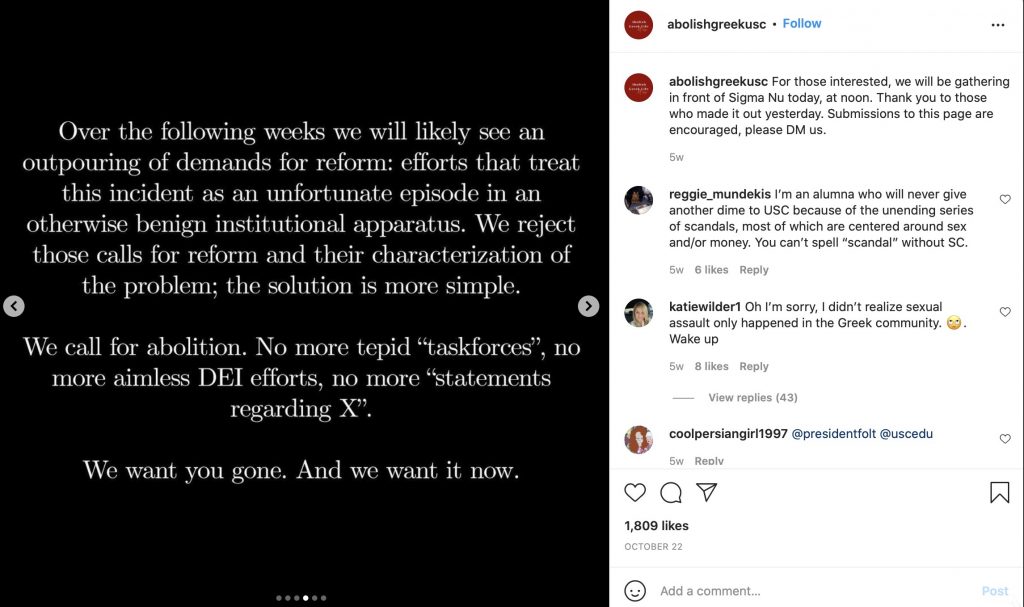
Although many students are in support of cancelling these societies, some believe this is an opportunity to reform the system to meet all DEI standards in the future.
In 2020, USC Panhellenic Council worked with chapter leaders, the community, and Panhellenic members to generate a Community Plan for Diversity, Equity, and Inclusion.
On October 27, the Undergraduate Student Government held a Senate meeting to discuss the council’s three-part plan for DEI reform. The goal was to implement mandatory racial macro- and micro-aggression training for all Greek members to mitigate exclusivity, including implicit bias training for BIPOC scholarship. A DEI committee was also established to ensure the consistency of this plan throughout chapters.
According to Panhellenic’s website, the goal is to dismantle the systemically racists policies of the 9 National Panhellenic Conference Chapters and the Panhellenic Executive Council. This call for reform allows for the implementation of the DEI Plan and their hope of creating lasting change and a more inclusive atmosphere on campus.
Sophomore Kaitelyn Haynes joined Greek life last January via virtual rush and claims her experience has been nothing but positive. As a member of the Black community, Haynes said she has been able to grow and learn from others in her house as a result of the diversity in race, majors, age, and interests.
“I feel included here, but that doesn’t mean there isn’t work to still be done. We have DEI events and it’s great to see everyone participating and genuinely caring, but day to day things are not set up for minorities necessarily,” said Haynes. “It’s the small things like getting ready for game day or certain party themes that remind you that you are not the stereotypical sorority girl. There’s a long way to go, but I’m proud of our house and how we can have open and honest conversations.”
“There’s a long way to go, but I’m proud of our house and how we can have open and honest conversations.”
Kaitelyn Haynes, Sophomore, Architecture Major
As part of the new DEI plan, every chapter is encouraged to elect one member to have a permanent position as the Diversity, Equity and Inclusion Chair on the DEI Committee. This position ensures that their chapter follows diversity initiatives and works with other chapters to better serve their community.
Charlotte Sendi, a senior member of the DEI team in 2020, offers insight into her experience in Greek life as a multiracial woman. Sendi believes that her experience feeling marginalized in this community stem from the fact that the pandemic hit right after she rushed, not because of her race.
“Overall, my experiences [in Greek life] have been positive,” she said. “My sorority has done a lot to uphold DEI standards and I can tell a lot of the girls truly care.”
She has witnessed several policies and trainings her house instated following the Black Lives Matter protests in LA.
“We [her house] even hired a correspondent within the USC community to help us gain an understanding of how we can improve [DEI standards],” Sendi recalled. “We also had weekly training and reflections during chapters.”
“My sorority has done a lot to uphold DEI standards and I can tell a lot of the girls truly care.”
Charlotte Sendi, Senior, Chemical Engineering Major
On the other hand, students who rushed pre-pandemic and before the DEI Plan did not have such positive experiences with this community. Senior business administration major, Mcguire Shamieh, said he never truly felt included.
“I don’t think I had a positive experience because I didn’t feel as though the culture was where I could feel comfortable being my most authentic self,” Shamieh recalled. “Being multiracial, the lack of diversity was a little off putting. It was definitely hard to relate to others on a cultural level because they didn’t embrace it and I feel like that is a big part of my identity.”
Other non-affiliated students are noticing the broader implications of DEI initiatives. Oswald believes that it is detrimental to the Trojan community.
“I don’t personally care for DEI initiatives. I think that it forces people into a frame of mind that doesn’t really view people as people or really appreciate them as they are for being unique individuals,” Oswald said. “I think it reduces whatever community you are into to something that is fixated on race, and that is not a positive thing.”
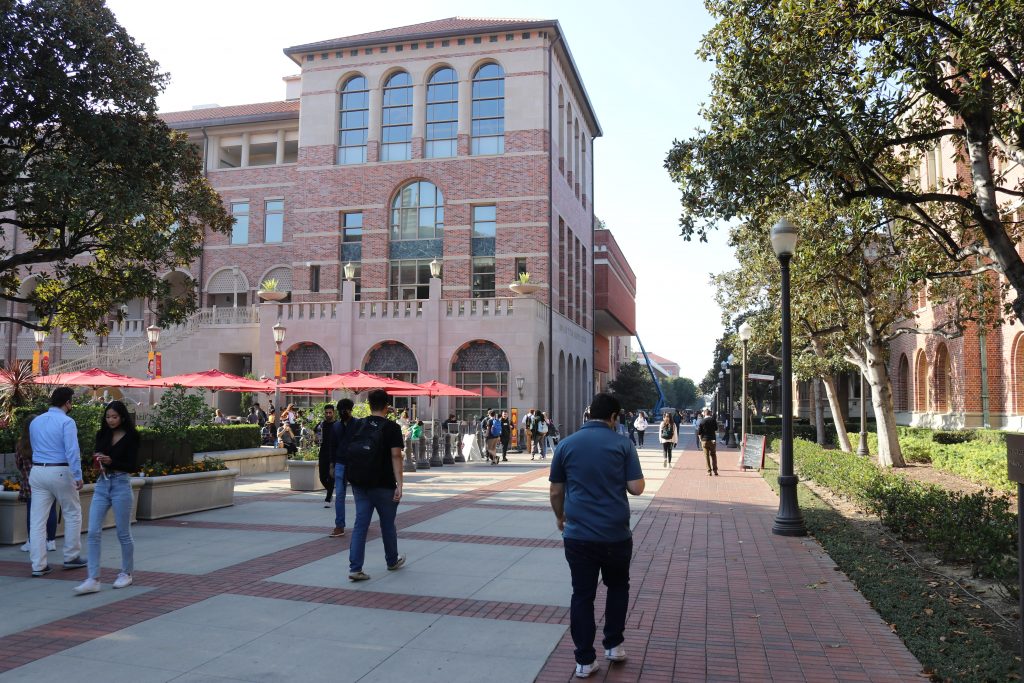
Petersen also believes that DEI initiatives are not enough to make the community more inclusive.
“I do think it’s a start but there is a lot more work to be done as Greek life is rooted in racism and has many negative aspects in regards to its culture,” said Petersen. “These are not issues that can be fixed overnight.”
“These are not issues that can be fixed overnight.”
Kaitlyn Petersen, Senior, Business Administration Major
Although there is still a long way to go, Petersen believes that change starts with the members.
“I think a part of changing the culture of Greek Life is creating a psychologically safe space for people to talk about hard topics. There is still so much work to be done.”
Part of the new DEI Plan requires chapter members to complete a series of microaggression and implicit bias trainings with a hired, non-Greek affiliated representative from the USC community.
Several chapters scheduled zoom calls throughout 2020 to allow members to engage with these individuals and learn about how to recognize their own bias. They wanted these mandatory sessions to encourage inclusivity in this environment, but not all students felt this was effective.
“A lot of people just see this DEI Plan as required training as opposed to understanding what values the school or institution or organization as a whole is trying to instill in the members,” said USC Greek life alumni, Bradford Yager.
David Fuentes, a sophomore majoring in political science also stated that he thinks a lot of students just fly through these training sessions on inclusivity and diversity. He said it doesn’t help “to the degree where it is really useful and will solve the problem.”
Petersen also commented on these efforts saying,“I do not think mandating micro-aggression and implicit bias training will solve the exclusivity problem in Greek life. I believe people do not take these training sessions seriously. I think lots of people just fly through them and treat it as something on their to-do list.”
In response to these trainings and the new DEI Plan, McCall Hall, The Director of Community Outreach for USC Athletics, and a member of Alpha Kappa Alpha Sorority, Incorporated, offered her insight.
“I think anything where there is a plan with objectives and desired outcomes is a good thing. It gives you goals, and it gives you strategy,” Hall said. “I think one of the bigger obstacles and challenges that will come and that needs to be addressed is the overall population of Black and or African American students.”
Hall stated that an important aspect of the Divine 9 Chapters is their commitment to diversity, equity and inclusion. She said that when you join these organizations, you are committing yourself to also embody these qualities, and that is something that the IFC and PHC chapters could learn from.
“The efforts of DEI aren’t just on the college campus. It’s within the American workforce,” said Hall. “It’s within a number of areas of our society and we are pushing in all different sectors and areas to increase diversity because anything in America needs to be reflective of these communities.”
“I think anything where there is a plan with objectives and desired outcomes is a good thing. It gives you goals, and it gives you strategy.”
McHall Hall, USC Director of Community Outreach
